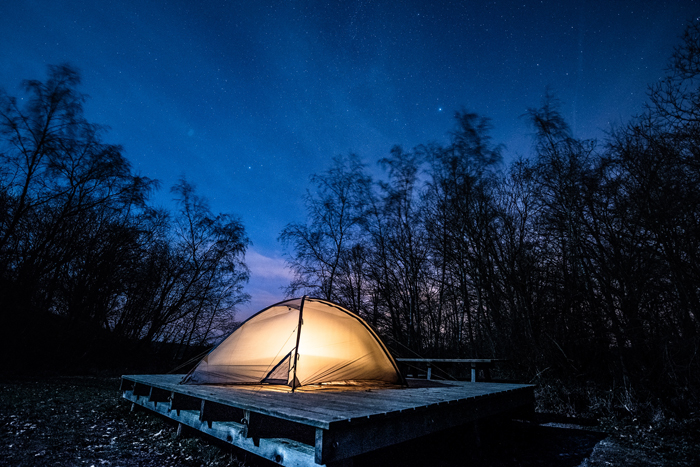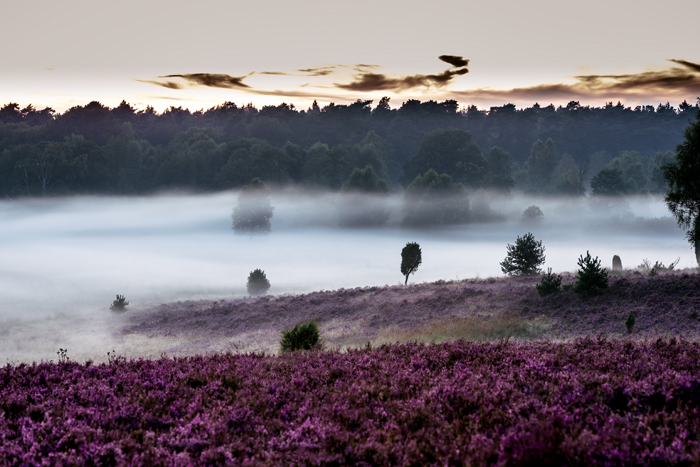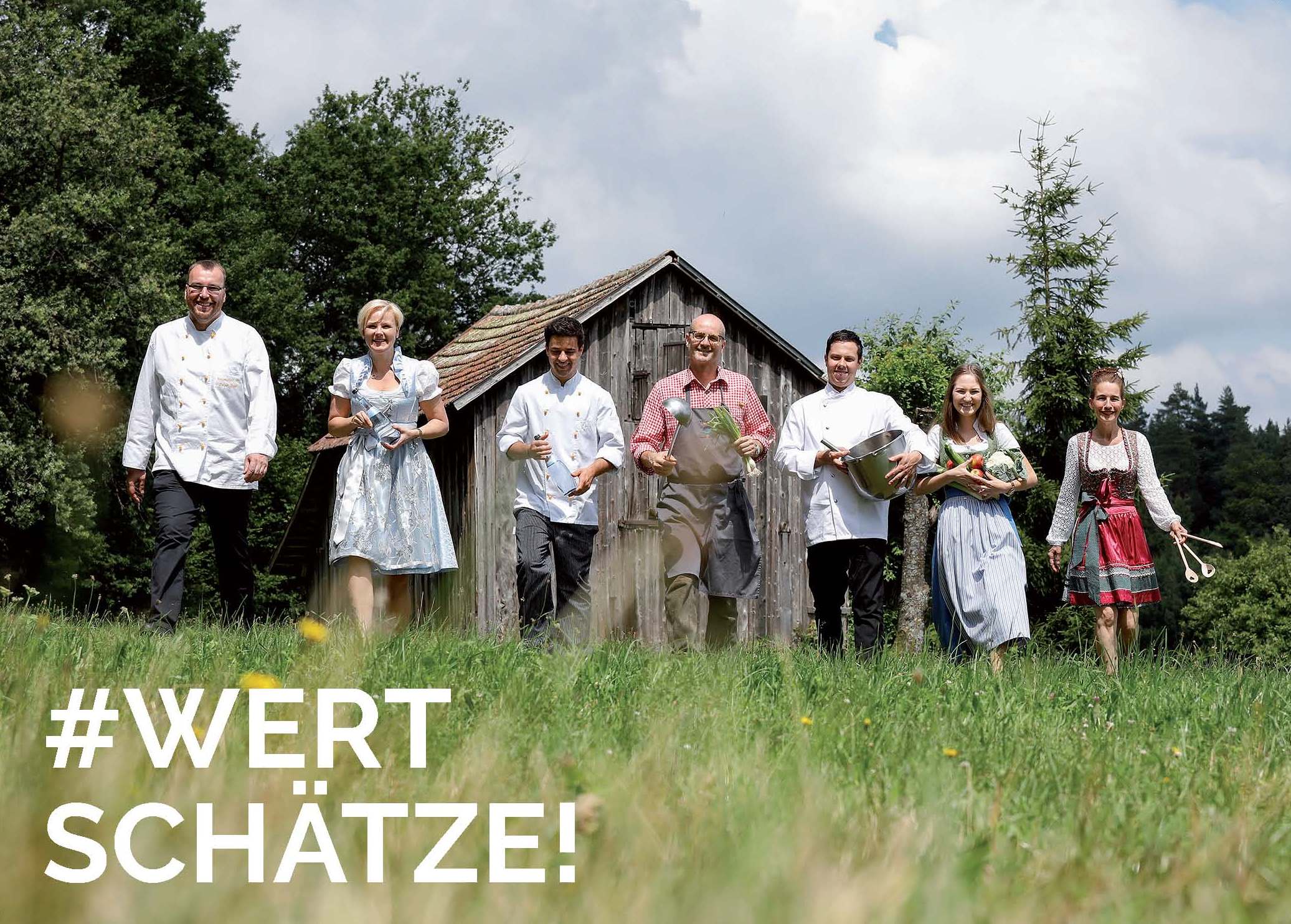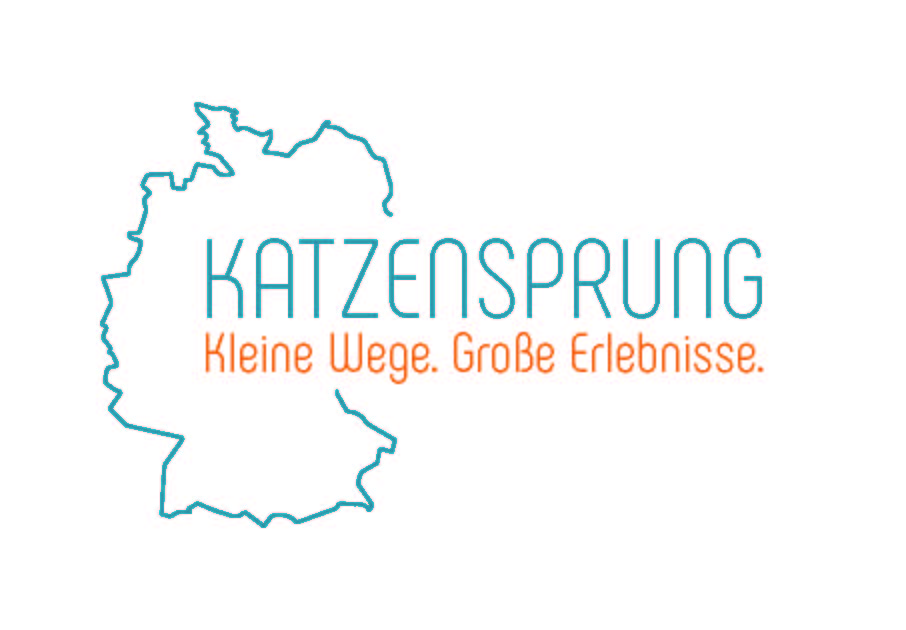Case Study
„Katzensprung – Kleine Wege. Große Erlebnisse“/”A stone’s throw away – Short distances. Lasting experiences“
Contact name
Patrick Appelhans / Nicole Isermann
Institution name
Association of German Nature Parks e.V. (Verband Deutscher Naturparke e.V.)
Region & country
Germany
Summary
The project aimed at strengthening climate protection in tourism, addressing players in the travel industry and convincing them to adopt a CO2-saving approach. Young people (14-29 years) have been informed about the possibilities of climate-friendly tourism offers.
We analyzed climate-friendly attractive travel offers in 10 Nature Parks in Germany and refined climate-friendly measures for touristic players over a period of three years (2017-2020). The project, which was funded by the National Climate Protection Initiative (NKI) and the German Federal Ministry for the Environment (BMU), was designed to help saving verifiable amounts of CO2 through a change in behavior.
(Project duration: June 2017 – May 2020)

Eifel Trekking Camps
Naturpark Nordeifel / Nils Nöll

End moraine range Suhorn in the Lüneburg Heath Nature Park
Lüneburger Heide GmbH

Postcard Nature Parks Hosts in Black Forest Middle North
Schwarzwald Mitte Nord
Background of the project
The project assumes that many travelers today are already interested in sustainable forms of travel, but at the same time often like to fly to their vacations because this is a cheap way of travel. At the same time there already exist many exciting and yet climate-friendly vacation experiences in their own country, but which often are not apparent enough. „Katzensprung“ uses this potential by finding such offers and placing them to the fore.
According to studies young people are ready to spend their holidays in their own country „only a stone’s throw away“ and thus to abstain from flying, if only they can find suitable offers quickly and simply and can book those offers straight away or find them presented as packages/bundles on one website. Against this background, priority fields of action were identified and addressed in 5 of the 10 Nature Parks to close gaps in climate-friendly offers.
Solution and actions taken
• A screening in 10 Nature Parks revealed climate-friendly tourism offers, identified gaps and brought together stakeholders to form networks.
• A large-scale communication campaign (website, press work, magazines, social media, competition, events) communicated climate-friendly destinations and experiences in Germany to the target group.
• Stakeholders in the travel industry were addressed with specialised information regarding possibilities of CO2 reduction.
• Competition: Finding 50 climate-friendly tourism offers („lighthouses“) for website
• Tours: 10 Model Nature Parks were screened for climate-friendly offers, concepts and workshops helped to close gaps and refining offers.
• 15 fact sheets with facts and figures about CO2 in the tourism industry were created.
• Communication campaign (see above).
• Events (symposia, congress, workshops).
• A screening checklist will enable further nature parks/destinations to develop their services accordingly
Other institutions or parties involved
The project was implemented by the Verband Deutscher Naturparke e.V. together with a tourism consulting company (COMPASS GmbH), a publishing house specializing in sustainability (fairkehr GmbH) and a tourism agency specializing in sustainability (tippingpoints GmbH). 10 Model Nature Parks and their tourism partners were involved in the screening process. The project is funded by the National Climate Protection Initiative (NKI) and the German Federal Ministry for the Environment (BMU).
Results
The project ran until May 2020, and a final report has been submitted in summer 2020. First results are already available and a first CO2 calculation has also been made.
5 out of 10 nature parks are developing further in one field of action and are striving for corresponding measures, offers and networking. In a follow-up project, that we are applying for, we want to build on the experiences of the Katzensprung-Projekt and we will develop a partner program for Nature Parks and their partners.
Challenges
Since it was an ambitious project it was hard work for the project partners as well as for the 10 Model Nature Parks it was hard work to make the project as successful as it has been.
Lessons learned
Nature Parks together with their partners in tourism and other areas of work have a great potential to contribute to climate protection. It is very helpful to support this work of Nature Parks by national projects. It is import that sufficient funding for the work of nature parks is provided to put them in the position to take more measure for climate protection.
Contact name
Patrick Appelhans / Nicole Isermann
Institution name
Association of German Nature Parks e.V. (Verband Deutscher Naturparke e.V.)
Website(s)
